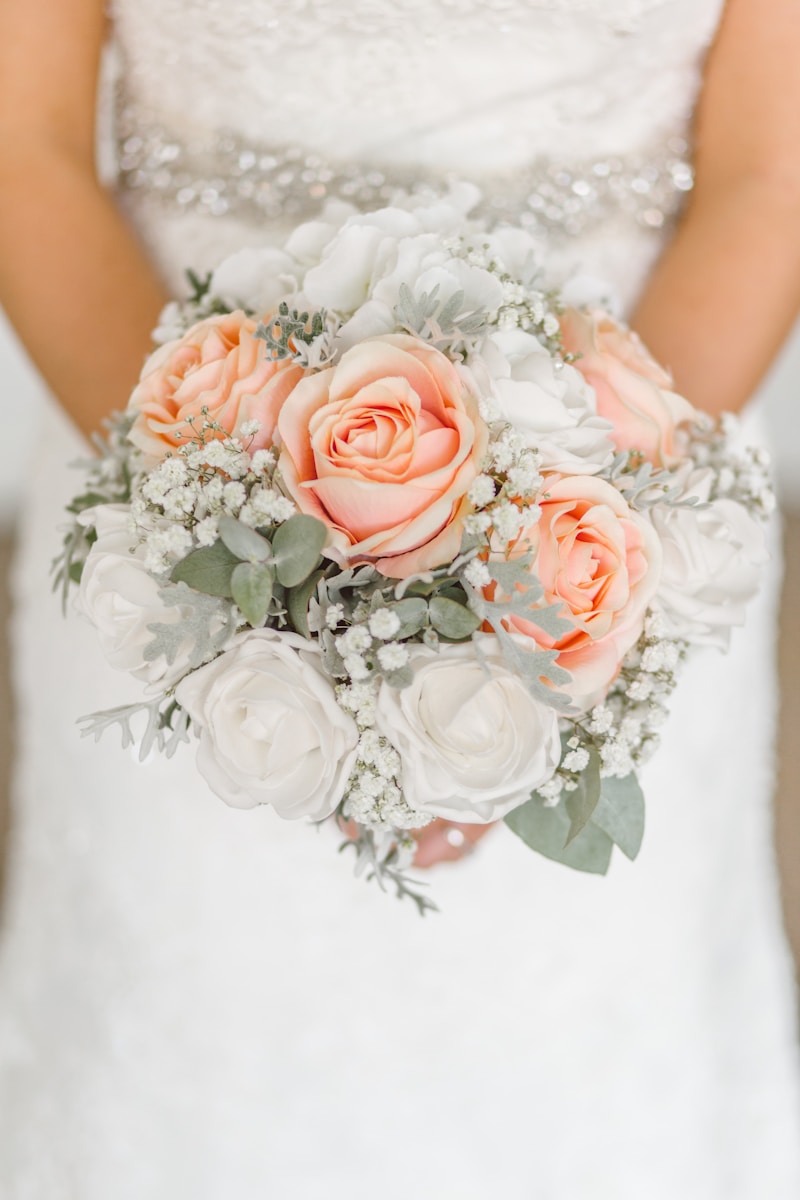Essential Factors to Consider for Wedding Venue Selection
Essential Factors to Consider for Wedding Venue Selection
Choosing the perfect wedding venue is one of the most critical decisions you'll make during your wedding planning journey. From the ambiance to the location, there are numerous factors to consider when selecting the right place to celebrate your love. In this article, we will explore the essential factors that can guide your decision-making process, ensuring your wedding is as memorable as possible.
1. Budget Considerations
One of the first steps in selecting a wedding venue is understanding your budget. Wedding venues can vary significantly in price, so it's crucial to establish how much you are willing to spend. Consider the following factors:
- Rental Fees: This may include the cost of the venue itself, which can range from a few hundred to several thousand dollars.
- Catering Costs: Many venues have in-house catering, which can impact overall costs.
- Additional Services: Determine if the venue offers extras like decoration, sound systems, or lighting, which can either increase or decrease costs.
- Hidden Fees: Always inquire about potential extra charges, such as cleaning fees or overtime costs.
| Item | Estimated Cost |
| Venue Rental | $2000 - $5000 |
| Catering | $50 - $150 per person |
| Decorations | $500 - $2000 |
| Audio/Visual Equipment | $300 - $1000 |
2. Location, Location, Location
The venue's location can significantly influence your guest list and overall wedding experience. When selecting a location, consider:
- Accessibility: Is the venue easily accessible for guests traveling from afar? Proximity to airports, hotels, and major highways can enhance convenience.
- Scenic Beauty: Does the venue offer picturesque backgrounds for photographs? Opt for places that provide beautiful nature or urban settings.
- Weather Considerations: If you're planning an outdoor wedding, consider backup options in case of inclement weather.
- Local Attractions: Venues near popular attractions can enhance guests' experiences, allowing for additional activities.

3. Venue Capacity
Understanding how many guests the venue can accommodate is vital. Here's what to consider:
- Guest List Size: Make your guest list early to ensure the venue can accommodate everyone.
- Comfort Level: Choose a venue that offers ample space so guests can mingle without feeling cramped.
- Seating Arrangement: Think about the style of reception you want – whether it’s a formal sit-down dinner or a more casual buffet.
4. Venue Style and Ambiance
The style of your wedding venue should align with your vision for the day. Here are some types of venues to consider:
- Outdoor Gardens: Perfect for a romantic and nature-inspired wedding.
- Ballrooms: Ideal for elegant and classic receptions.
- Rustic Barns: Great for a cozy, country-themed wedding.
- Urban Rooftops: Provide stunning city views for a modern celebration.
5. Availability
Once you've narrowed down venue options that fit your needs, check their availability. Factors to consider include:
- Peak Seasons: Venues are often in high demand during spring and summer months, so consider off-peak times for better availability and lower prices.
- Weekday vs. Weekend: Weekends are popular, but weekdays often provide more flexibility in scheduling.
- Time Slots: Some venues may have restrictions on rental duration; ensure you have enough time to set up and celebrate.
6. Amenities and Services
Check what amenities and services are included with the venue rental. Key offerings include:
- Tables and Chairs: Some venues provide necessary furniture, which can save costs.
- On-Site Coordination: A coordinator can help manage logistics on the day of the event.
- Parking Facilities: Ensure there’s adequate parking for all guests.
- Restroom Facilities: Check the cleanliness and number of restrooms to accommodate guests.
7. Reputation and Reviews
Researching a venue's reputation can offer insight into their reliability. Consider the following:
- Online Reviews: Websites like Yelp and Google Reviews can provide honest feedback from previous couples.
- Referrals: Ask friends or family for recommendations based on their experiences.
- Site Visits: Schedule tours to get a feel for the ambiance and staff professionalism.
8. Flexibility with Vendors
Some venues have exclusive vendor lists, while others allow flexibility. Evaluate:
- Required Vendors: Understand if the venue mandates specific catering, florists, or decorators.
- Vendor Restrictions: Some venues may have limitations on load-in times or setup procedures.
9. Unique Features
Think about what unique features can enhance the overall experience. Consider:
- Historic Significance: Some venues may have interesting stories or architectural importance.
- Built-In Décor: A venue that already has beautiful features may require less decorative investment.
- Entertainment Options: Are there options for live music, dance floors, or spaces for photo booths?
Conclusion and Final Tips
In conclusion, selecting the perfect wedding venue requires thoughtful consideration of various factors. From budget constraints to venue capacity, understanding your priorities is essential to making an informed decision. As you browse your options, remember the importance of accessibility, style, reputation, and available amenities. Each of these elements plays a vital role in ensuring your wedding day is not only beautiful but also seamlessly executed.
Before finalizing your venue, we recommend creating a checklist to compare venues effectively. Visit multiple locations, read reviews, and don’t hesitate to negotiate for the best deals. Ultimately, your chosen venue should reflect your personality and vision as a couple, allowing you to celebrate your love story in style.
When considering ‘Factors to consider for wedding venue selection,’ keep the balance of practical needs and personal desires at the forefront. Happy planning!
